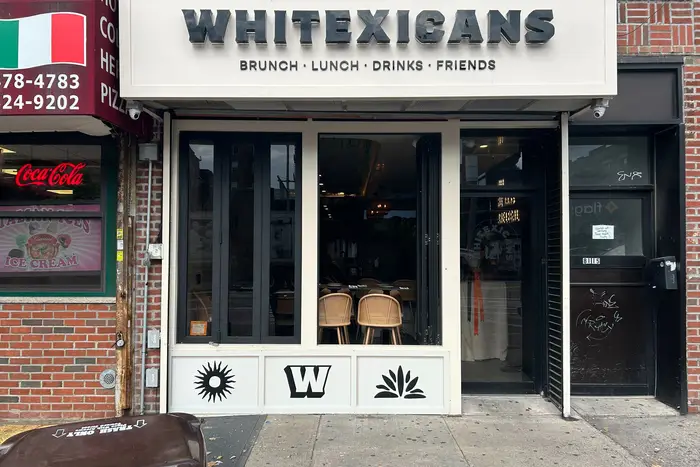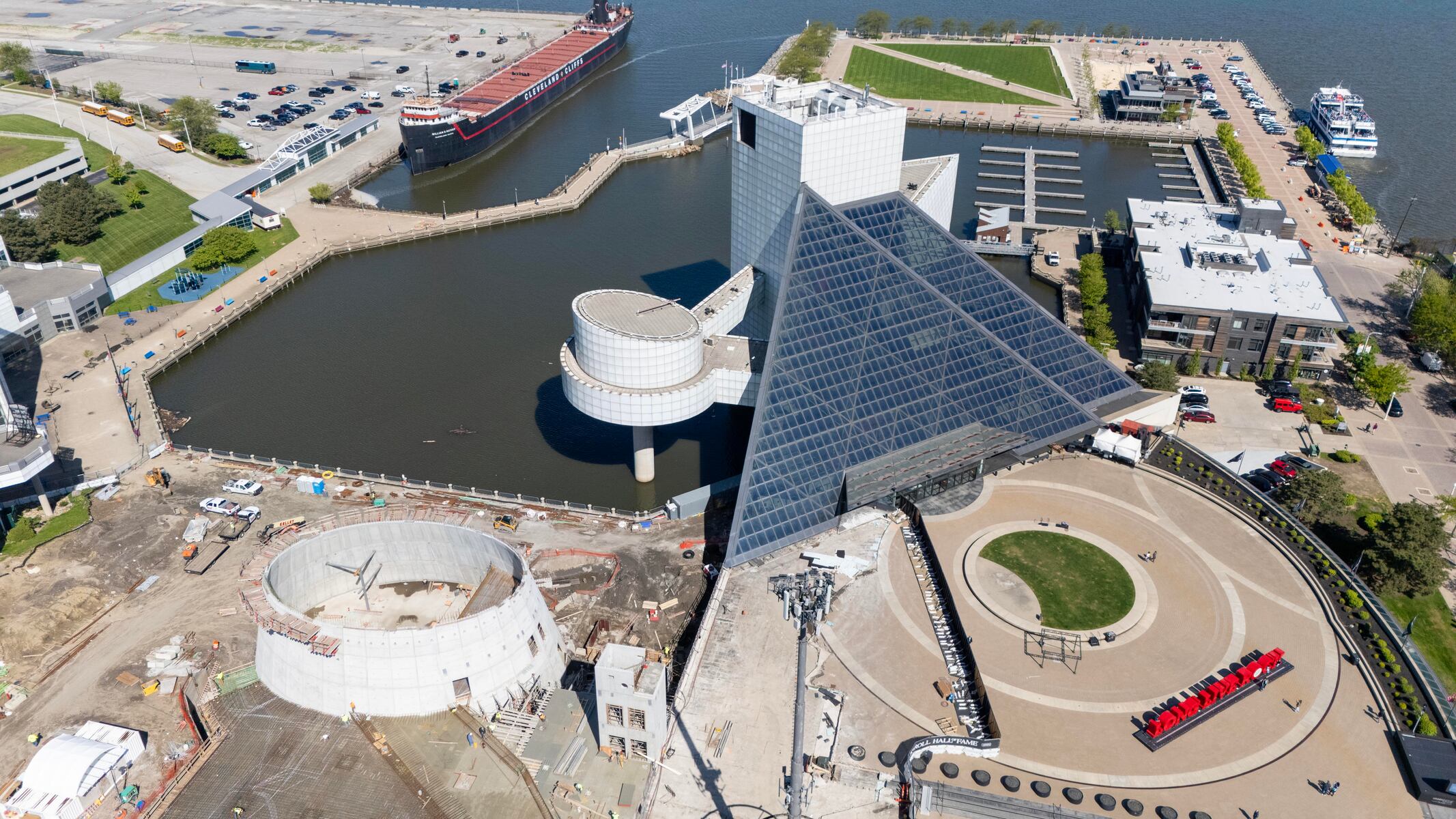A new restaurant named Whitexicans has ignited controversy in Jackson Heights, Queens, with its provocative name drawing mixed reactions from the community. Opened earlier this month on Northern Boulevard, the establishment’s title combines “white” and “Mexicans,” prompting questions about its intent. While some view the name as humorous, others find it offensive, reflecting broader societal tensions regarding race and identity.
Criticism of the restaurant began weeks before its official opening, with many expressing concern on social media platforms such as Facebook and Reddit. Resident Cristina Furlong, a member of Community Board 3, voiced her apprehension, citing the current political climate under the Trump administration and the stress it brings to immigrant communities. She stated, “It’s just not nice or kind to joke about what some people consider racist terminology,” emphasizing that the name could exacerbate fears related to immigration enforcement.
Despite the backlash, co-owner Mateo Gomez Bermudez, an immigrant from Colombia, defended the restaurant’s name as a satirical comment on racial superiority. He noted that the restaurant aims to convey a message of inclusivity. “Whitexicans, the meaning for us is that everybody belongs here,” Gomez Bermudez explained. He also acknowledged the attention the name generates, which he sees as beneficial for marketing purposes.
Community Reactions and Cultural Context
The restaurant’s opening has not only sparked debate but has also drawn interest from locals. Some patrons, like Carlos Garcia, found the name “very original,” while others, like Chris Perez, expressed curiosity despite the controversy surrounding it. Perez mentioned that his Mexican-born mother had heard of the restaurant and was interested in visiting.
Academic perspectives add depth to the discussion. Steven Alvarez, a professor at St. John’s University, noted that the term “Whitexican” has evolved in Mexican society to refer to lighter-skinned individuals who often hold more privilege. He pointed out that the term has historically been used pejoratively, often in discussions about class and race. Alvarez remarked on the irony of a term born from social media finding a home in a restaurant name, particularly in a neighborhood grappling with issues of immigration and identity.
The controversy is further complicated by local events. Just before the restaurant’s opening, a nearby establishment, The Queensboro, launched a GoFundMe campaign for the family of an employee who was reportedly deported, raising nearly $112,000. Alvarez highlighted this initiative as indicative of community commitment, contrasting it with the implications of the Whitexicans name.
Vision for Inclusivity
Co-owner Manuela Mesa also emphasized the restaurant’s message of love and inclusion. Upon entering Whitexicans, diners are greeted by a sign stating “All Humans Are Legal,” which Mesa believes reflects their core values. “Whitexicans is love,” she asserted, reinforcing the idea that the restaurant seeks to foster acceptance among diverse groups.
As the restaurant navigates its debut amidst this complex social landscape, the discussions it has sparked may serve as a reflection of the broader conversations surrounding race, immigration, and community identity in contemporary society. Whether the name will become a lasting fixture or a fleeting controversy remains to be seen, but it undoubtedly highlights the intricate dynamics at play in the lives of those who call Jackson Heights home.







